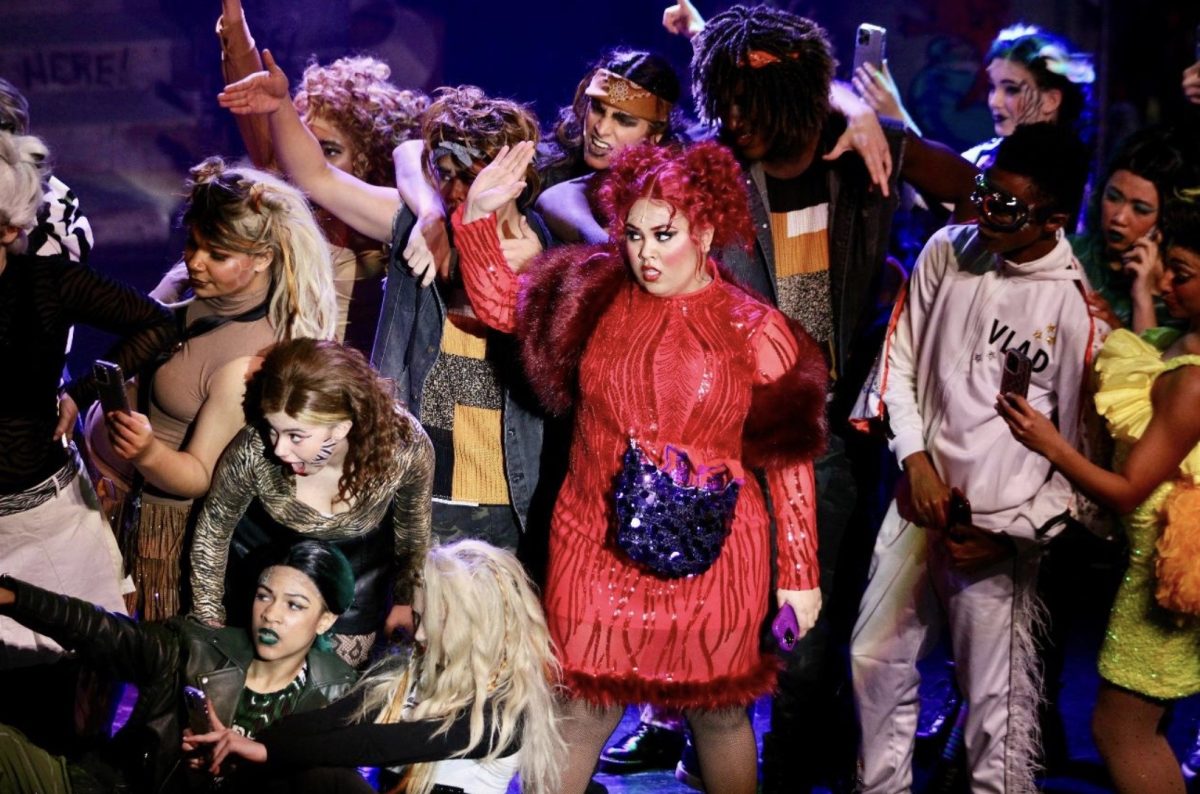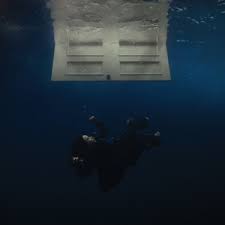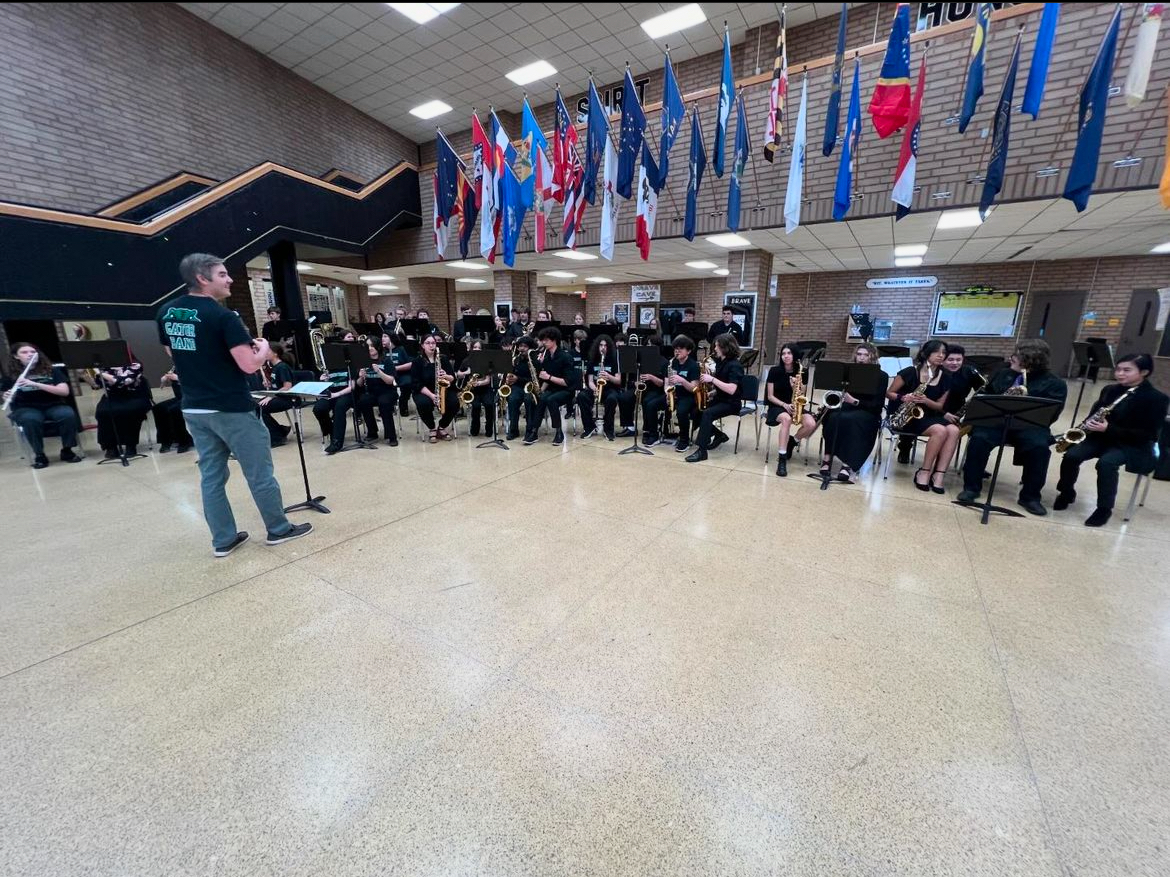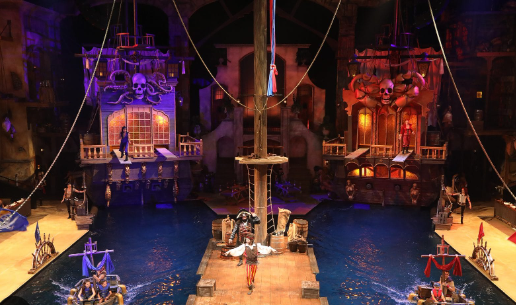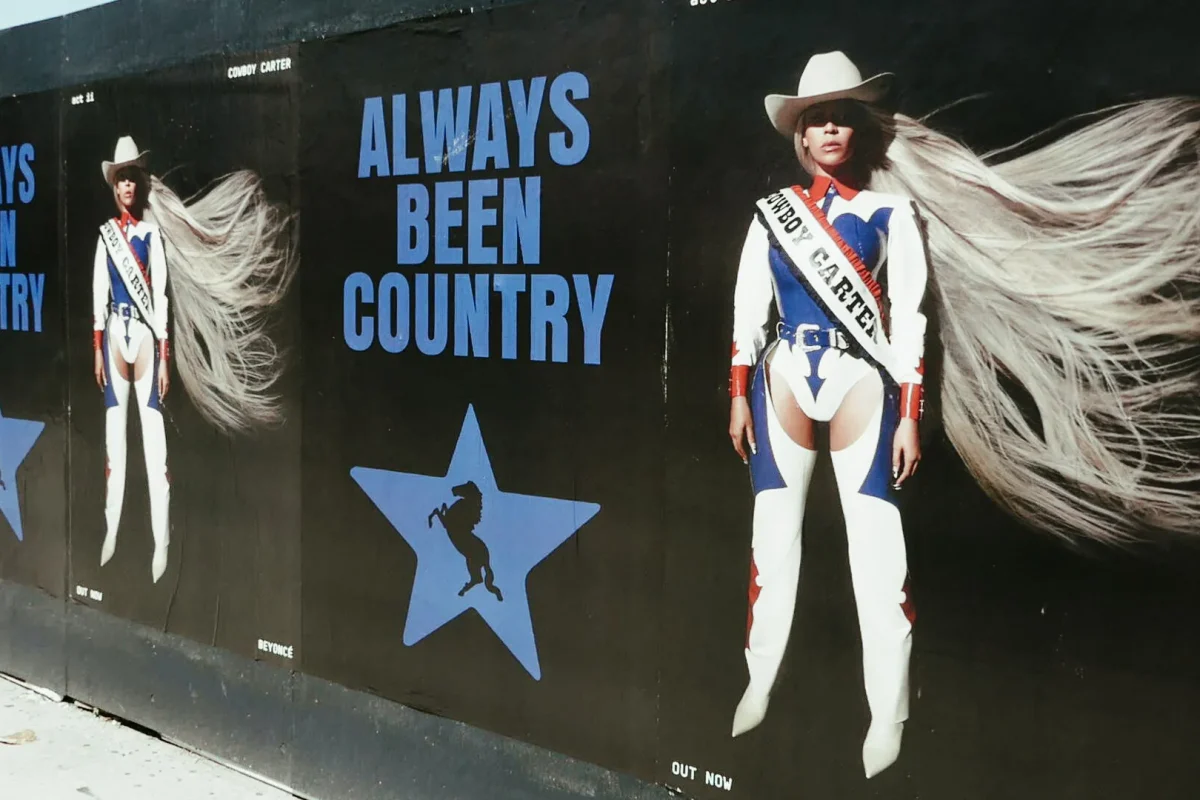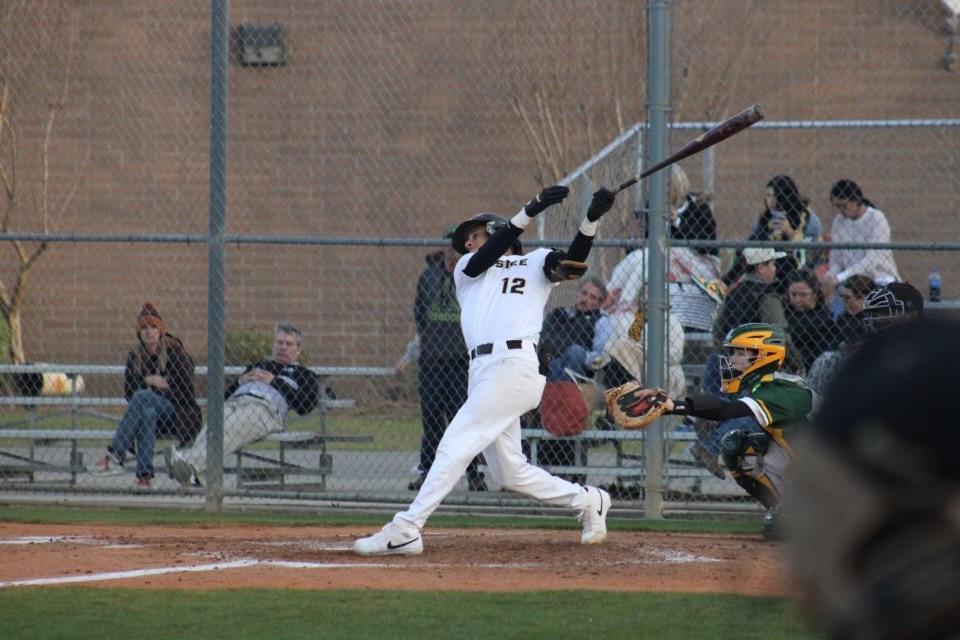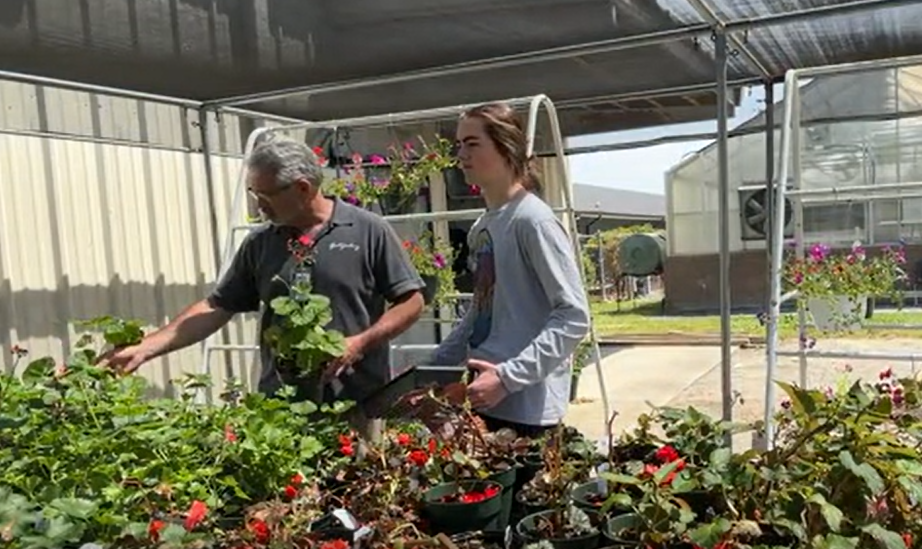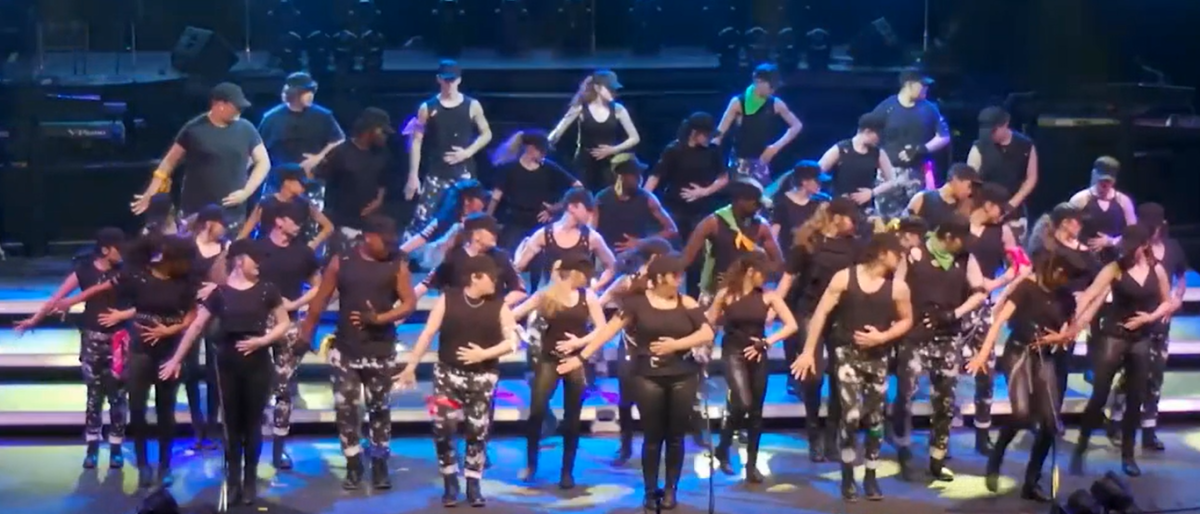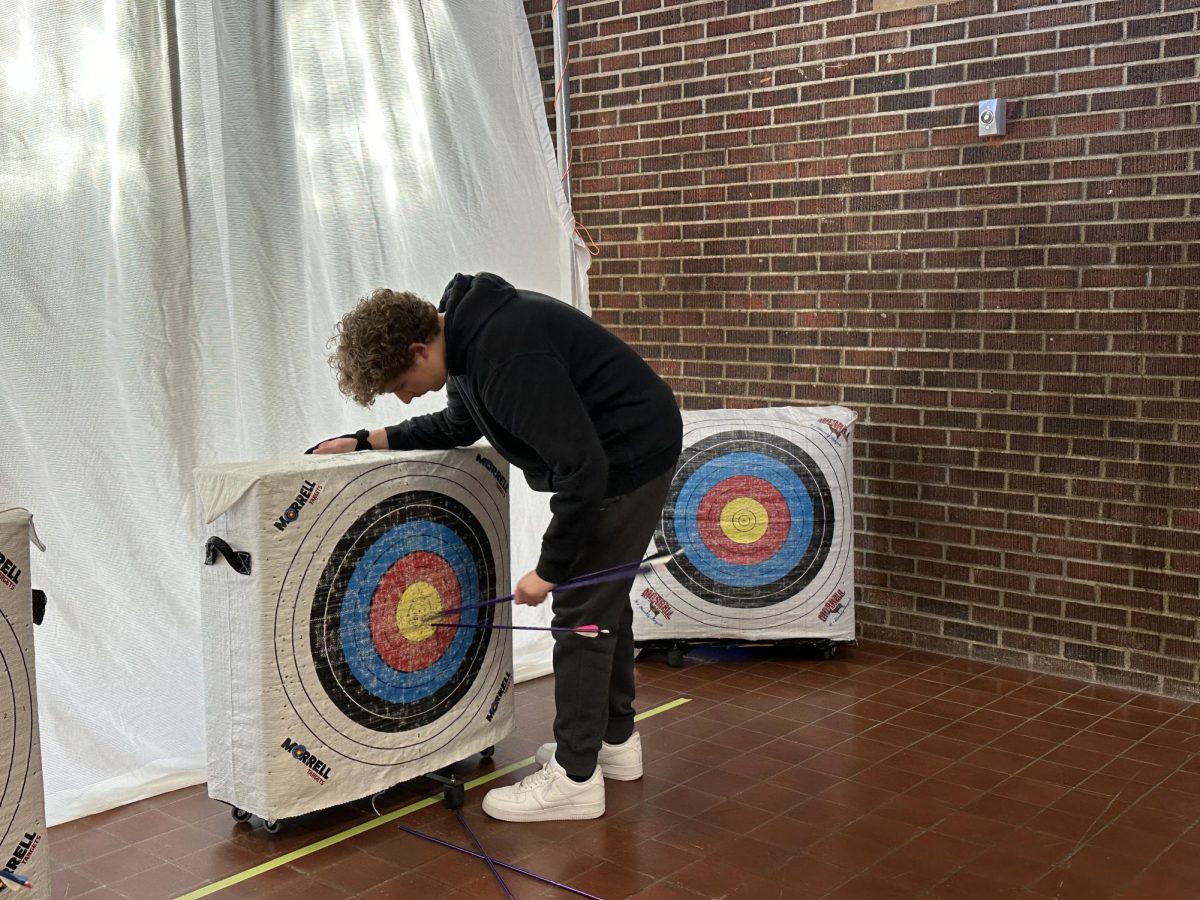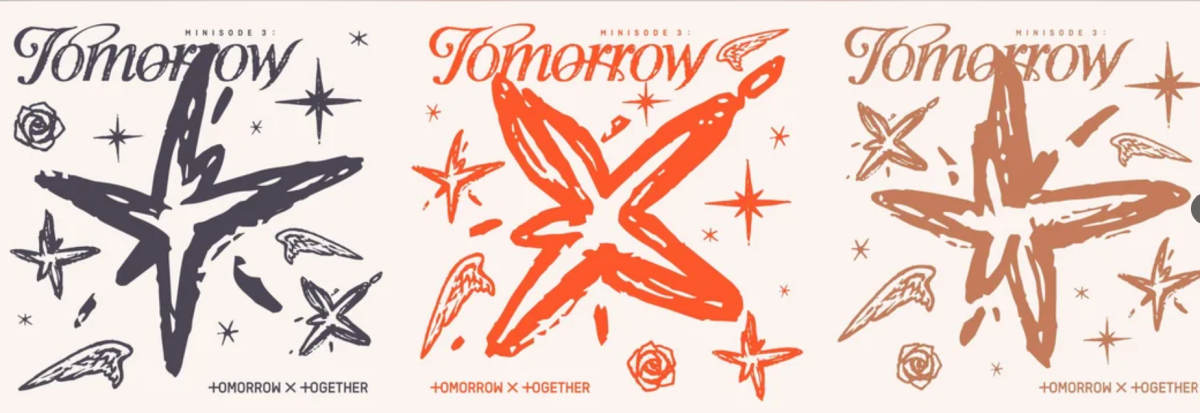
I am from Araçatuba, a city in Sao Paulo, Brazil. It is a somewhat rural city with around 200,000 people. We have a rodeo and quarter-mile horse competition, along with a really good veterinary college.
When I was a kid, it was always my dream to do an exchange program. But when I started high school, l put this dream to the side because high school was really hard. Also, I was in my comfort zone with all my friends and didn’t want to go outside of my bubble. However, when I failed my English exam in high school my junior year, my dad sent me here against my will.
To understand how much of a change it would be and why I was hesitant, you need to understand how high school is different in Brazil from the United States.
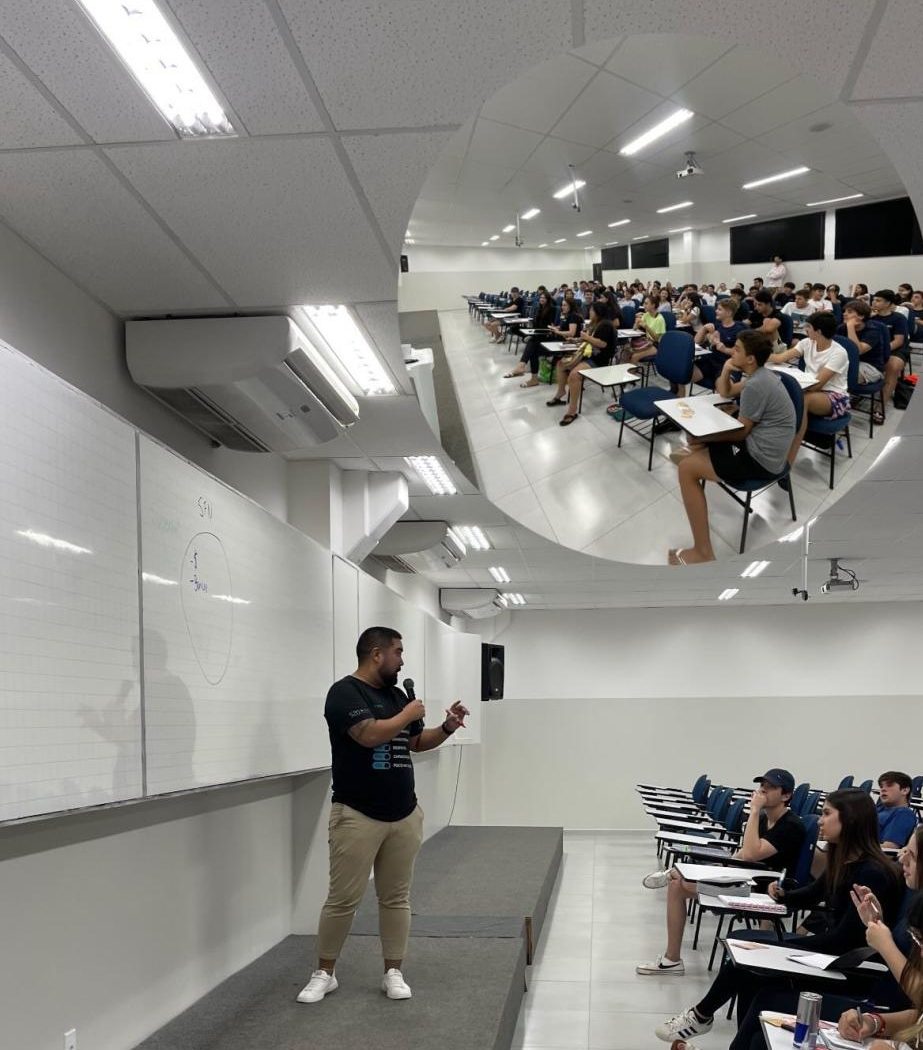
Here, the teachers care about you. If you forget something or don’t know how to do something, they talk to you. In my country, they just don’t care for you. They don’t have makeup days.
In my first semester here, I had statistics and probability, marine science, marketing and game designing. The classes are way easier here because here you have more projects. In Brazil you just have exams.
However, every Easter, they give us a really hard problem and all the students in the school have one block to do it, and whoever has the right answer gets a cut of barbecue. Again my city is like a country city, so the livestock is very strong, and gifts are related things like meats, leather accessories, or hats.
We don’t have elective classes. We only have the same core classes every year: physics, chemistry, mathematics, biology, grammar, writing, history, geography, geometry, literature text interpretation, sociology and philosophy.
You spend your three years in these classes studying questions for the college exam. The test is really hard, and if you fail the test and don’t pass for the college you want, you are “cursed”. It means you have to go one more year after high school, like a second senior year, to study for the college test. If you know what you want to do your sophomore year, it helps a lot. If you want to be an engineer, you must get most of the questions correct in the physical and chemical mathematics part.
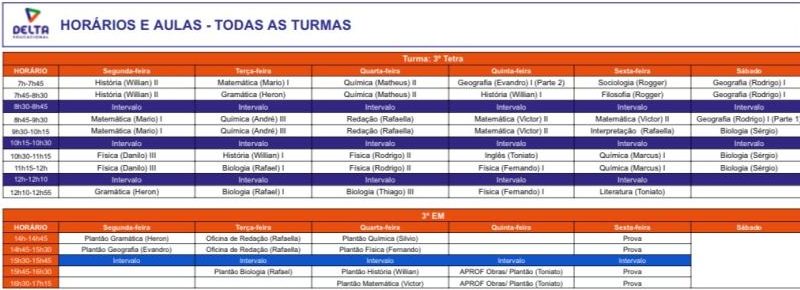
The school year starts in February because summer is January through March. High school in Brazil starts at 7 a.m. and finishes at 13:00 (1 p.m. We use military time there). We don’t have lunch at school. We just have little breaks.
Here the students change classes, but in Brazil the teachers move their classes. So all the students from your grade are on the same schedule. In high school classrooms, they are not allowed to put any decoration on the walls because they say it is a distraction for the students. We are also not allowed to bring the phone inside of the class. Each student has one little locker to put the phone in.
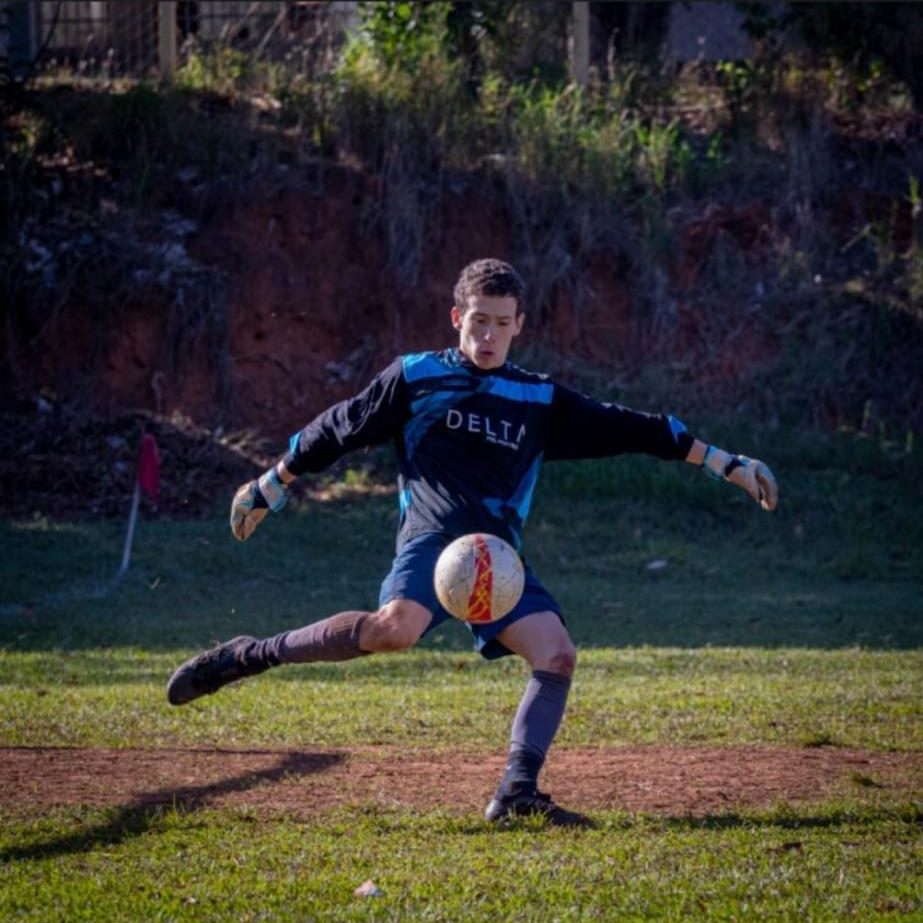
Here, people are so focused on sports because that is where they make friends, where they have the possibility to get a scholarship, and where they prepare you for life. In Brazil, high school is focused on college, so all your tests and activities do is prepare you to pass the college test.
We don’t have a lot of sports to play at high school. Normally, it’s just soccer for boys. We don’t have school team for other sports or girls soccer, but normally we just play for fun.
The people who play professional sports don’t go to a regular school. They just focus on soccer and normally don’t have a lot of money to pay for a good school (public schools in Brazil are in really bad condition. Most of them don’t have air conditioners.)
We do have tournament sports one week of the year for all the grades to compete with each other, like seniors against juniors. Each grade chooses a charity institution in their sophomore year to donate money to and this entire tournament serves to encourage sportsmanship, love for others, and raising money for institutions. The funny part is we don’t know how to play anything because we don’t have a team at school, so everyone plays really bad, and we laugh at the games.
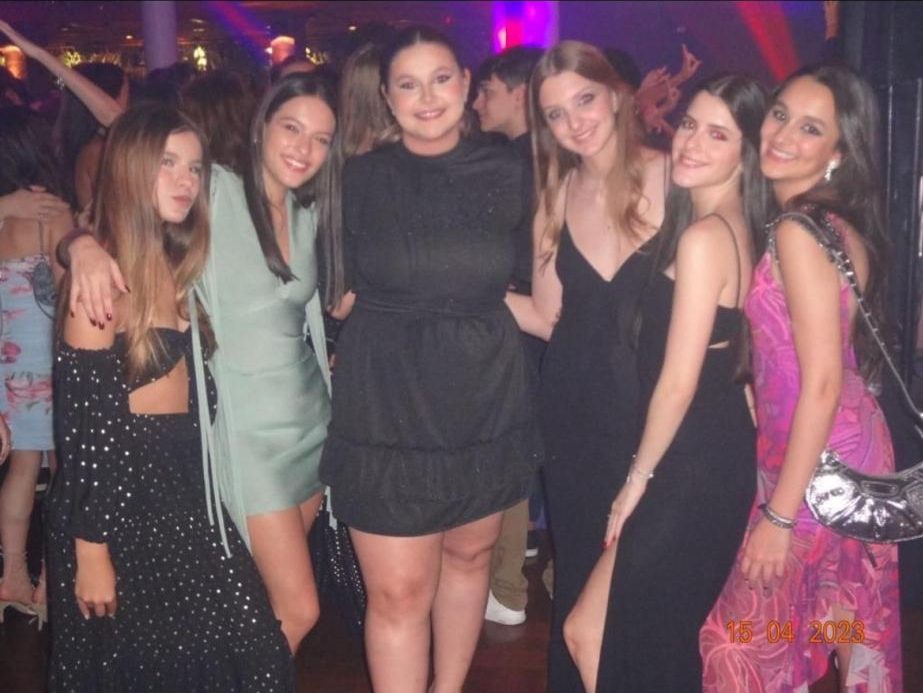
After school, I go home, have my lunch, then go for my tutor classes until 7p.m. After this, I’ll go watch some soccer game or I go play Muay Thai is a type of martial art/sport. Then, I go home, have dinner and hang out with my brothers, watch some movies or go to sleep.
On weekends during senior year, we have classes on Saturdays, but when we don’t have classes, we go out to parties, go hang out at a friend’s house, or go to the swimming pool. On Sundays, we go eat out with friends or go to church.
The difference in the social life here and in Brazil is, here, your relationships and network are principally at school and work. In Brazil, your social life is not at school. I know my friends from common places, such as clubs, private lessons, club soccer games, and mutual friends.
Normally, teenagers don’t work because they are so busy studying for college.
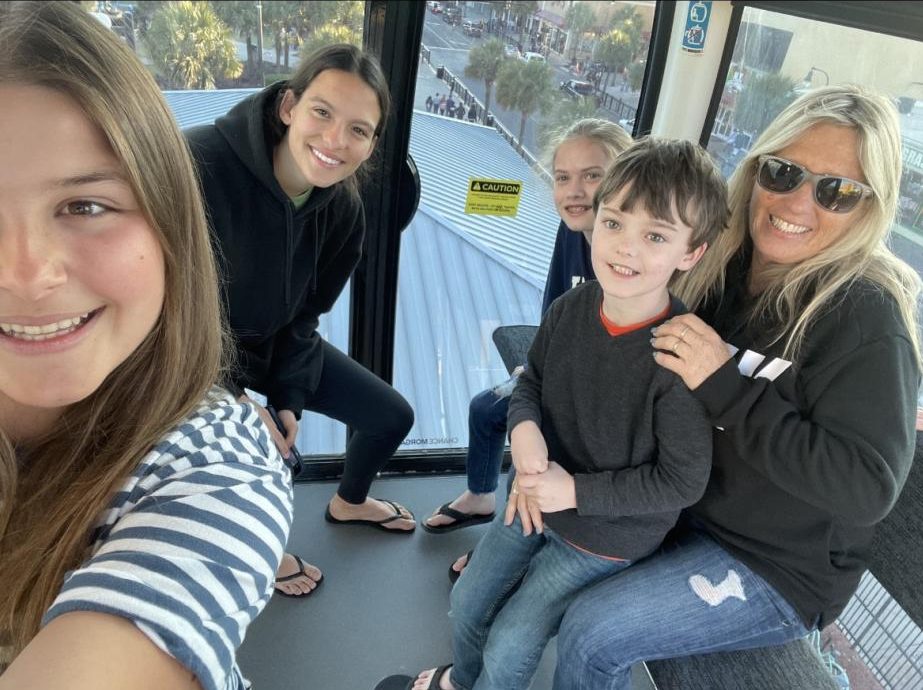
I didn’t have much luck when I first arrived. At the airport, no one came to pick me up. My coordinator had an appointment, so I had to wait for my host mom to send me an Uber to go to her house. I had to wait 30 minutes alone. It was my first time traveling alone, and I didn’t know English at that time. Also, my first week I got so sick. I had to go to the hospital (but no one knew what I had, it was probably covid).
But my host family turned out to be really good. I lived with my host mom, her two kids (ages 6 and 10) and one other exchange student from Belgium who goes to St. James. We all have a really good relationship at home. They understood I had no idea how to speak in English and they helped me to learn a little bit before the school year started.

So, I definitely enjoyed my stay here. It really showed my the value of having sports at school. Without the lacrosse team, my experience would not have been the same. The most important thing I learned here is to be more independent. As for my English, I know is not good yet, but is so much better. Staying here also opened my mind. There is more of the world to see, and I want to make more adventures like is this year was for me.

